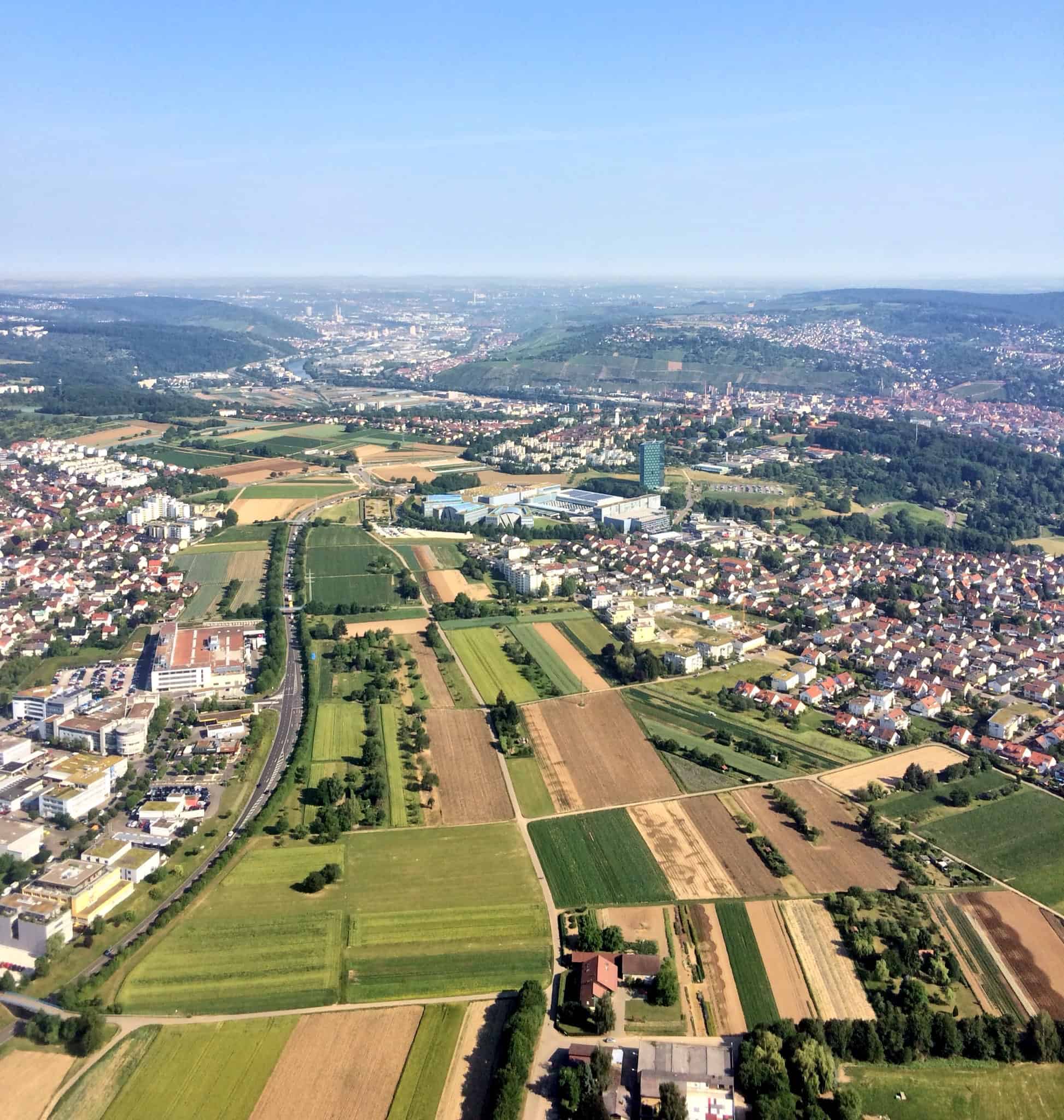Today’s action for our group unfolded in three stages — the early travel from Berlin to Stuttgart; our visit to the Baden-Württemberg Ministry of Education, Youth, and Sports; and our time at the Mercedes-Benz museum prior to dinner.
Looking back on the day, the experience with the most resonance for me was our presentations from state educational leaders and professors this afternoon in Stuttgart — more specifically learning the details of how teacher education and preparation goes on in this state.
To put it mildly, teacher training between our two states has some outstanding contrasts. The fact that, in order to become a teacher in Baden-Württemberg, a prospective educator must complete bachelors and masters degrees before entering into an intensive 18-month period of apprenticeship — which has its own stringent standards of consistent performance — indicates the seriousness with which teacher training is approached here. This seriousness reveals a deeper value placed on the teaching profession in Baden-Württemberg, both socially and politically, as a critical investment in the long-term well-being of this state. This strikes me as particularly different from how teacher training is pursued in our state.
An extension of this notion of the value of teacher training as a valuable social good was revealed in the response to one of our colleague’s questions to the panel about lateral entry teachers in Germany. The concept was (literally) so foreign to the panelists that it had to be explained multiple times, likely because such a notion was so thoroughly out of the realm of consideration of the educational leaders in the room.
In short, should a mid-career professional here wish to switch jobs and begin as a classroom teacher, he or she would effectively start fresh in the process, subject to the same requirements and standards (and timeline) as a new prospective teacher. To paraphrase one of the panelists, “…you wouldn’t let a former engineer just walk in and BE a doctor, would you? So we don’t allow that with teachers either.”
This point of view reveals an understanding of the teaching profession as something to be carefully guarded, developed, and valued by society. The high standard of expectation placed on prospective teachers is a keystone to the entire educational system here in Baden-Württemberg; without it, matters of curricula or educational pathways do not matter much.
To be frank, the moments this afternoon when my friends were explaining the concept and widespread nature of lateral entry in our state to the German education officials were shameful for me. That our state’s revealed values regarding teacher training and the teaching profession stood, in that moment, in such stark contrast to what we as a room of educators knew they ought to be was comical, only to the extent that the absurdity of the notion masked the obvious perversion of priorities that we all recognized amidst that conversation.
May we in North Carolina seek to serve our state in such a way that we value our children enough to meaningfully hold the teaching profession to a profoundly higher standard and regard — these notions necessarily go hand-in-hand. Our friends and colleagues in Baden-Württemberg today showed us a specific and successful model on how to do so; it is my obligation as a public servant to bring these ideas to light in my community and to advocate for such positive change throughout North Carolina.
Note: Lee Quinn is traveling with the GoGlobal teacher program to Germany. Follow their experiences at ednc.org. To learn more about the program, visit goglobalnc.org.

